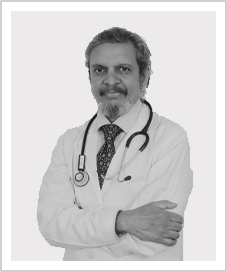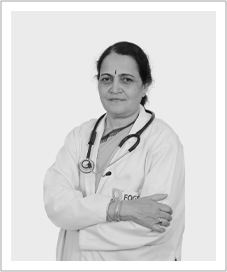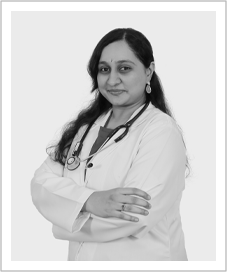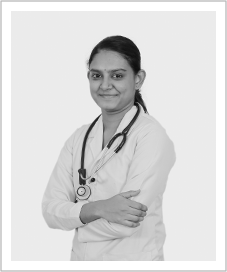Best Doctors for Pilonidal Sinus Treatment
Pilonidal Sinus is among one of the most common colo-rectal disorders.
To get the best treatment for Pilonidal Sinus, consult Chirag Global Hospitals for the top doctors.
What is Pilonidal Sinus ?
A pilonidal (pie-low-NIE-dul) cyst is an abnormal pocket in the skin that usually contains hair and skin debris. A pilonidal cyst is almost always located near the tailbone at the top of the cleft of the buttocks.
Pilonidal cysts usually occur when hair punctures the skin and then becomes embedded. If a pilonidal cyst becomes infected, the resulting abscess is often extremely painful. The cyst can be drained through a small incision or removed surgically.
Pilonidal cysts most commonly occur in young men, and the problem has a tendency to recur. People who sit for prolonged periods of time, such as truck drivers, are at higher risk of developing a pilonidal cyst.
Symptoms of Pilonidal Sinus
- Pain
- Skin reddening
- Pus or blood is drained from a wound in the skin.
- Foul smell from draining pus
Causes of Pilonidal Sinus
The cause of pilonidal cysts is unknown. However, loose hairs that enter the skin appear to be the most common source of pilonidal cysts. The hair is forced down into the skin by friction and pressure, such as skin rubbing against skin, tight clothing, biking, lengthy periods of sitting, and other things. The body reacts to the hair as a foreign material by forming a cyst around it.
To understand this, there are few rare cases of pilonidal cysts that occur in parts of the body other than near the tailbone. Barbers, dog groomers, and sheep shearers, for example, have pilonidal cysts in the skin between their fingers.
Risk Factors of Pilonidal Sinus
- Male sex
- Younger age (pilonidal cysts are most common in people in their 20s)
- Inactive lifestyle
- Obesity
- An occupation that requires extended sitting
- Excess body hair
- Stiff or coarse hair
Treatment for Pilonidal Sinus
There are various ways to treat a Pilonidal Sinus, depending on the stage at which it is diagnosed.
- Conservative treatment:
If you get an early diagnosis and are not experiencing a lot of pain and inflammation, it can be treated by antibiotics. These antibiotics will mostly include broad-spectrum antibiotics, which, as the name suggests, can treat a broad range of bacteria. However, it should be noted that this medicine will not heal the sinus tract. It will only ease the discomfort and infection. - Lancing:
This process relieves the discomfort caused by an abscess (collection of pus). For this procedure, you will be given anesthesia. The doctor will then use a scalpel to cut open the abscess and clean any hair, pus, or blood from it. The wound is then dressed with a sterile dressing and left to heal from the inside out. It takes almost four weeks to heal. No further treatment is required. - Phenol Injections:
Under this procedure, you will first receive anesthesia, followed by the phenol injection – a chemical antiseptic. This procedure might need to be carried out multiple times until the cyst hardens and closes. As it needs to be repeated, doctors prefer surgery over this procedure. - Minimally Invasive Surgery:
In case of multiple or recurring sinuses, the doctor will recommend you to go in for surgery.There are various procedures for pilonidal sinus and lasers are best indicated in pilonidal sinus surgery.
According to your condition, your surgeon will advise the apt procedure for you.
Prevention of Pilonidal Sinus
- Maintain your body clean.
- If necessary, lose weight.
- Sitting for long periods of time should be avoided.
Our Team

MBBS, MS,
Founder & Chief Proctologist

MBBS, MS, FSGE
Surgical Gastroenterology
& Colorectal Surgeon

MBBS, MS
Senior Gynaecologist

BAMS, MD
Proctologist

BAMS,MS
Proctologist

MBBS, MS (Gen Surgery) DNB (Gen Surgery), FMAS General & Laparoscopic Surgeon

BAMS MD Sangnyaharana
(Anaesthesiology)

MBBS, DNB Anaesthesiology
